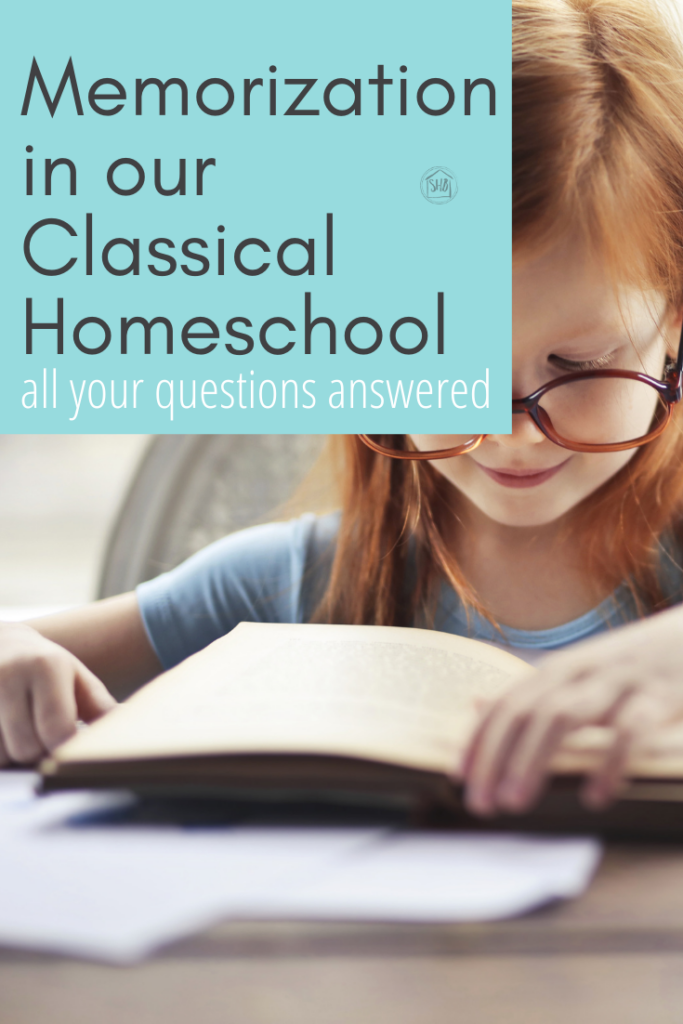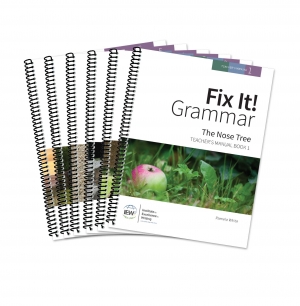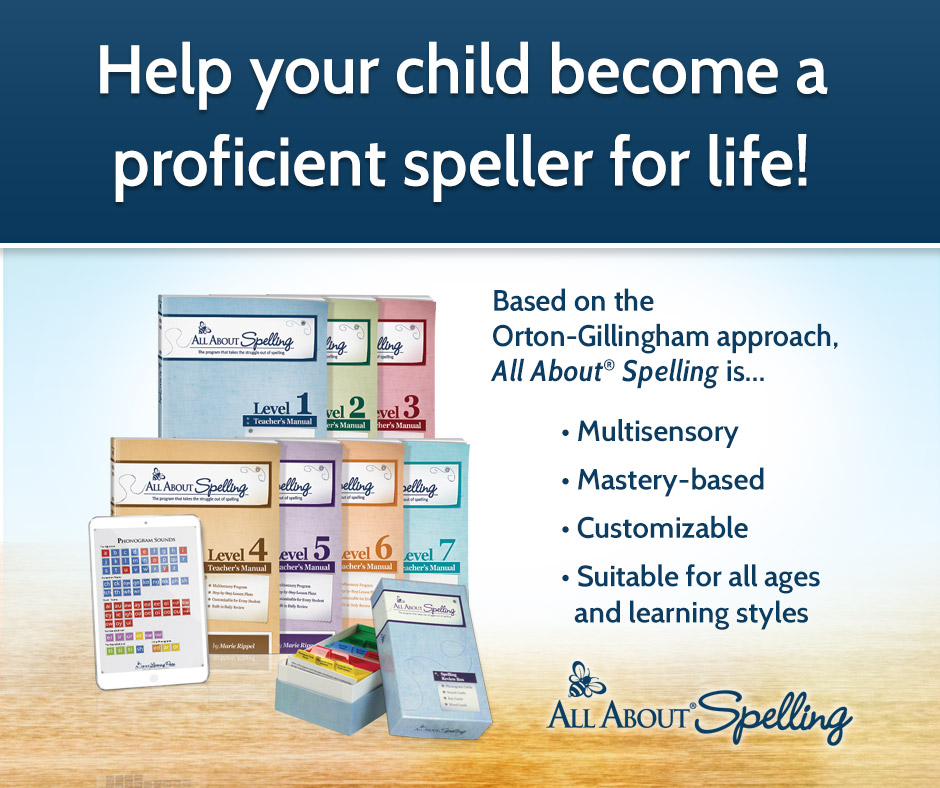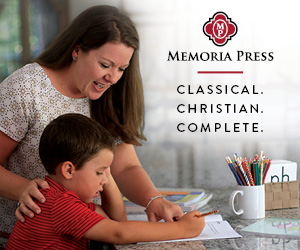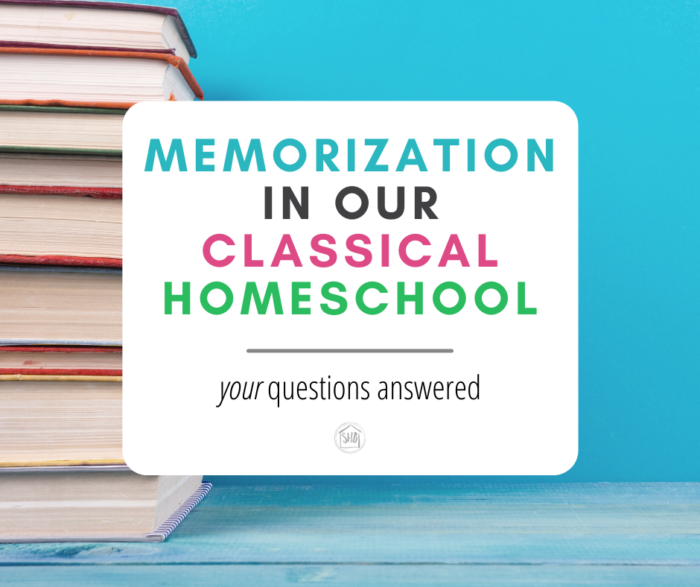
We are a Classical homeschooling family. Which means we memorize in the early years – a lot. Memorization is a skill which I was never taught. So, I thought we would struggle with memorization in our house.
What I have discovered over the past six years of homeschooling is: memory is trainable. But it seems there is a specific age at which children are more readily trainable – the early years.
The memorization skill of young kids is a wonder! Things we don’t even think about are memorized at an early age. It gets a bit harder to memorize as we get older, especially if we don’t train our brain to receive and memorize large chunks of information.
This post may include affiliate links. If you click and make a purchase based on my recommendation, I get a small remuneration at no extra expense to you. I only recommend things I use and believe to be a blessing.
I am no scientist, but I have read a bit about memorization. The experts say the brain can be trained not only to memorize, but also to get better at memorization. Through practice our kids (and we, the parent-teachers) can become memory masters!
Memorization in Our Homeschool
This post got rather long, so I created a simple Table of Contents. Click on the topic to jump to it or read the article as written.
As I said, because we are a Classically leaning homeschool, we have many opportunities for memorization. We participate in Classical Conversations in the Foundations and Essentials years. That program is chock-full of memorization opportunities in every subject imaginable. For more specific information about memorization in Classical Conversations, read this article.
In addition to CC, the curricula we choose and love tend to lean heavily on memorization – or at least have a memorization component.
Singing for Memorization
But in our homeschool, memorization is not robotic say and repeat, drill and kill. We have a ton of songs and chants we make up and use for memorization. I often tell people our homeschool resembles a musical – you never know when someone will break out in didactic song.
Our littlest learners all the way up to our oldest learner love to sing. And honestly, it helps keep up spirits on rough days to have silly songs in one’s heart.
I am a firm believer in learning through music. It is the one way even this old dog can learn new tricks. I struggle with memorizing new information if it is not collated into some sort of rhythm.
Since singing is the one way all of us learn, I resort to it quite often. I create playlists for our morning time tradition – Gathering. Through this practice, my kids (and I) have learned dozens of worship songs and hymns. Simply by listening to the Gathering Playlist every day, my kids also have a repertoire of Classical selections. Often I can catch them humming a Classical piece of music whilst playing or running through the house.
I also create playlists for our memory work for Classical Conversations which I play on our Google device using the YouTube Music app.
Poetry Memorization
We are a Classical model, read aloud loving, poetry reciting, musical homeschool. If I had to tell you the one thing which has surprised me the most about our homeschool, it would be poetry.
It is simply delightful! And memorizing it has become an essential part of our family culture.
We were first introduced to poetry memorization through First Language Lessons in our first year of homeschooling. In that book, both my oldest girls memorized at least 5 poems! In the years since, my second daughter has worked through Level 2 of FLL and is currently soaring in Level 3. We continue to love it for its ease of use and simplictiy.
Since we discovered our love for poetry early, we started working through Linguistic Development through Poetry Memorization, too.
We return to this program each summer and memorize as much as we can during our Summer Term. So far my oldest girls are in the second level and my younger two can recite two of the poems from level one.
Memorizing Shakespeare
Since we utilize the book lists and schedules from Ambleside Online, my students get exposed to Shakespeare early and often. I have found the best way to interest the student in the story is to select a passage to memorize before reading the story or the play.
The reading of the story or the play becomes the reward for memorizing the passage. And I have been amazed at the number of times my kids eyes light up when a tiny nugget of what they have memorized shows up in the story or play.
I have written more detail about our approach to Shakespeare, if you are interested in adding this to your homeschool.
Our Favorite Memorization Games
Since we are constantly memorizing around here, we have some favorite games we play to help us memorize. They need absolutely no accoutrements, as most of our memorization is done orally. I rarely let my kids read from the book the poems they are to memorize. It may be a trick unnecessary, but in my mind this practice lends itself to memorization because it is all in the mind already. Maybe I am wrong.
Anywho. I thought I would share with you our absolute favorite games to play.
Every Other
This game is easy to play to memorize almost anything, and can involve as many players as you like.
To Play: Pick a starting speaker and an order for the rest of the speakers (clockwise, counter-clockwise). The first speaker says the first word. Then the second speaker says the next word. Then back to the first speaker (or to the next if you have more than two players). You just bounce around one word at a time until you get to the end of the passage.
Play again, going in a different order or starting with a different first speaker.
Challenge: When the passage gets completely memorized, try to do it faster.
Mirror, Mirror
My kids love this one for practicing their poetry with one another. I can go do something else, or I can watch to make sure they don’t get too silly. This game has serious potential for silliness.
To Play: Have two students face one another. Select a speaker and a “mirror.” The speaker is the one who says the passage or poem out loud. And the “mirror” has to mirror everything the speaker does. She has to mouth the words, match the movements, etc. of what the speaker does. (See why I said this can get silly?) The mirror can only speak if/when the speaker needs help.
Play again, switching roles.
Bid-a-Help
This game is inspired by the old game show “Name that Tune.” It is perfect for parent-teacher and student sessions – just 2 people. But older kids can play it together or against one another similar to the game show.
To Play: At the beginning of the memorization session, the student bids the amount of helps she will need/use in the round. The students can bid against one another if they want to. The listener (mom/teacher) holds up the amount of fingers correlating to the amount bid. For each help offered a finger is lowered.
There you have it. A glimpse inside our Classically-leaning homeschool. If you are interested in a couple of lectures which have been inspirational and encouraging to me in regards to homeschool memorization, check out these resources:
- Mastery Learning, Ability Development, and Individualized Education
- Ten Thousand Times and Then Begins Understanding
- By Heart – The Goodness of Memory
